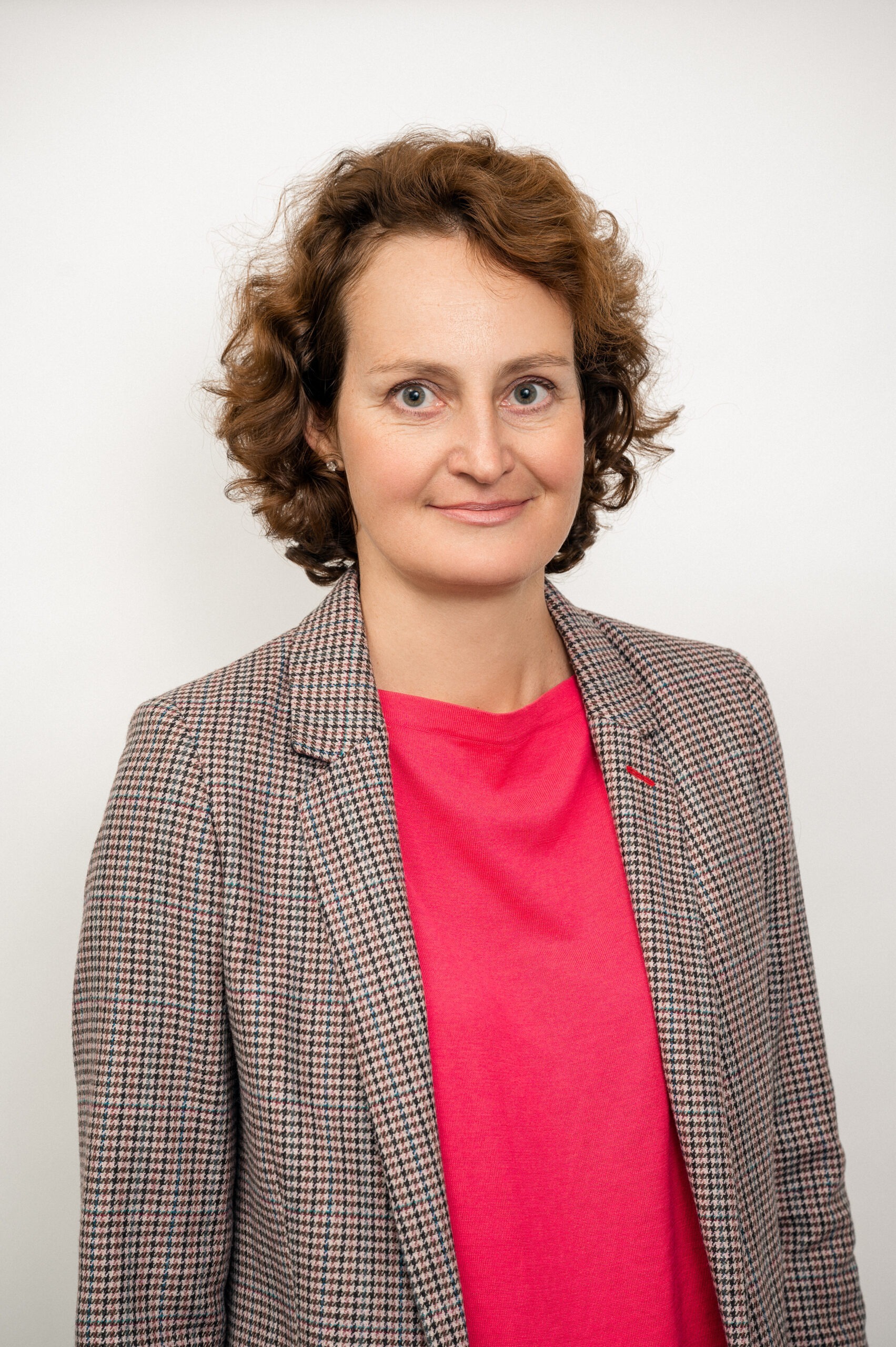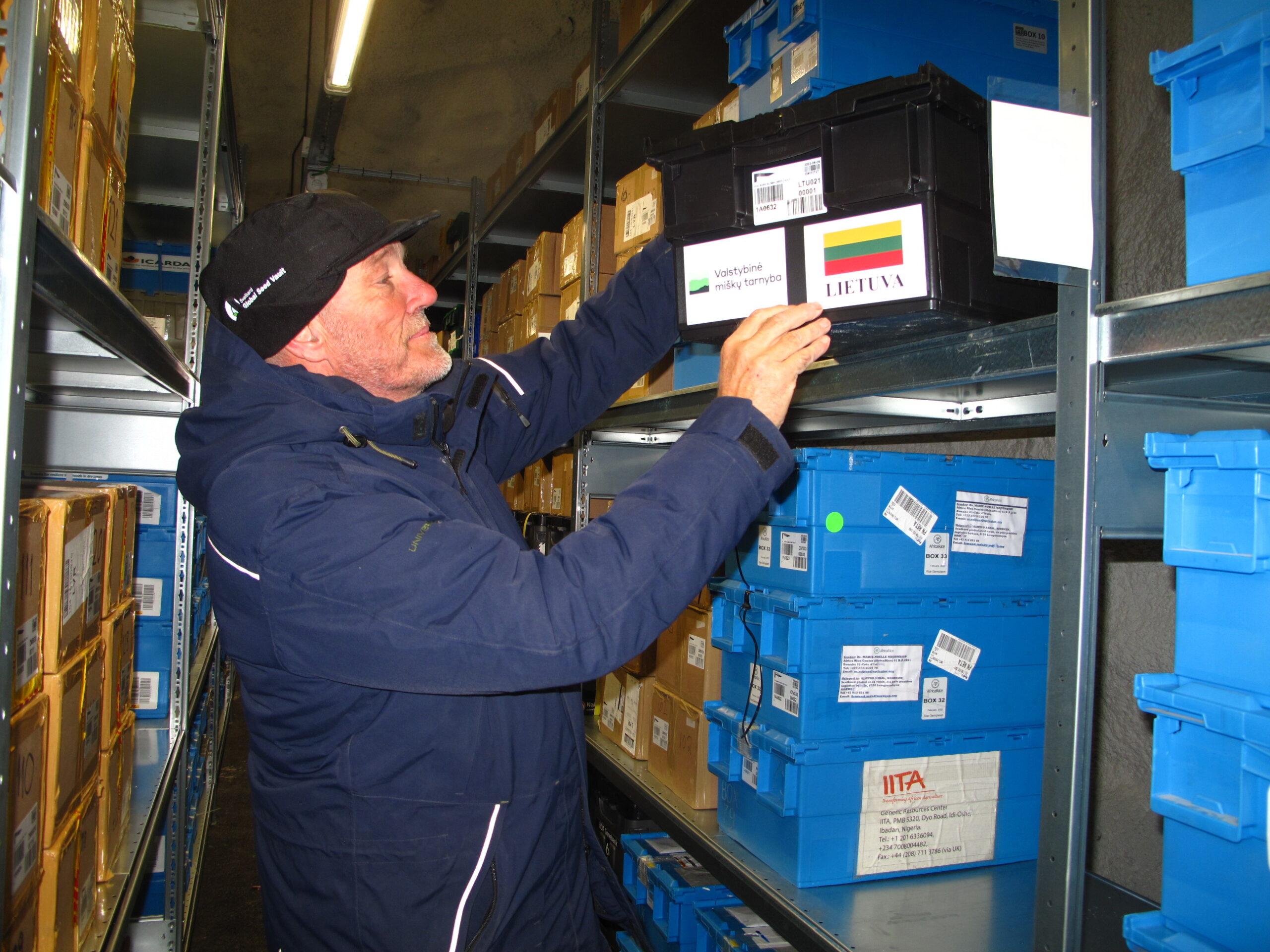There are around 1700 plant gene banks around the world, where plant genetic resources important for food and agriculture are stored. These resources are important for preserving them for future generations in case natural disasters, wars or technogenic catastrophes strike a country and wipe out entire plant species. Collections of seeds and other genetic resources stored in plant gene banks would help to restore them.
But climate change, political decisions, and wars all threaten gene banks. In Aleppo, Syria, for example, a plant gene bank was destroyed during the war. The war in Ukraine has led to intensive destruction of urban and regional infrastructure. These examples show the need to preserve seed collections of plant genetic resources in more than one location. As a result, countries have started to duplicate their seed collections and store them in a seed repository in the arctic archipelago of Svalbard, Norway. This ensures that the most valuable genetic resources are preserved for several decades and reduces the likelihood of their irreversible loss due to a variety of unfavorable circumstances.
The Svalbard Seed Vault currently holds over 1 145 000 plant seeds and other genetic resources from almost 6000 plant species. 89 Institutions from all over the world have entrusted the Svalbard Global Seed Vault with their conservation.
The State Forest Service is responsible for the conservation of plant genetic resources in Lithuania. It holds and preserves the seed collection of individual plant genetic resources of importance to mankind and aims to ensure its long-term security. It was therefore decided to entrust samples from the Lithuanian seed collection to the Svalbard World Seed Vault.
We at the Nordic Council of Ministers Office in Lithuania are happy and proud to be a part of this important project!







